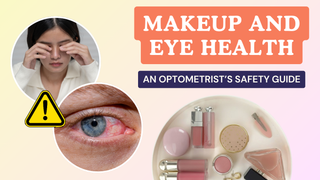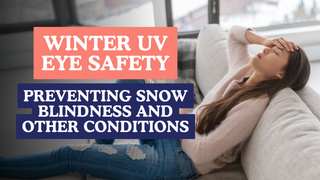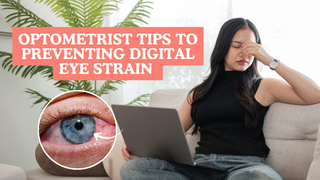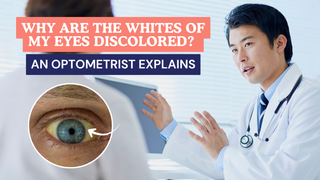Introduction
Air Optix colored contacts are made from silicone hydrogel, a material that allows a higher level of oxygen to pass through to the eye. This increased oxygen permeability makes them more suitable for extended wear, ensuring your eyes stay comfortable and healthy throughout the day.
What is Blue Light?
Blue light is a high-energy, short-wavelength light that is part of the visible light spectrum. It is naturally emitted by the sun and artificially by digital devices such as smartphones, tablets, computers, and LED lights. While natural blue light helps regulate our sleep-wake cycle, artificial blue light exposure, especially at night, can be harmful.
The Effects of Blue Light on Eye Health
Digital Eye Strain
Digital eye strain, also known as computer vision syndrome, is a common issue caused by prolonged exposure to digital screens. Symptoms include dry eyes, blurred vision, headaches, and neck or shoulder pain. The high energy of blue light scatters more easily in the eye, making it difficult to focus and causing strain.
Disruption of Sleep Patterns
Blue light plays a significant role in regulating our circadian rhythms. Exposure to blue light, especially in the evening, can suppress the production of melatonin, the hormone responsible for sleep. This disruption can lead to difficulty falling asleep, poor sleep quality, and even long-term sleep disorders.
Potential Long-term Effects
Long-term exposure to blue light may contribute to more severe eye conditions. Some studies suggest a potential link between prolonged blue light exposure and macular degeneration, a condition that affects the retina and can lead to vision loss. While more research is needed, it's essential to take preventive measures.
How Contact Lenses Can Help
Blue Light Blocking Contact Lenses
Blue light blocking contact lenses are designed to filter out harmful blue light while allowing beneficial light to pass through. These lenses reduce the amount of blue light reaching the retina, helping to minimize digital eye strain and protect against potential long-term damage.
Benefits of Blue Light Blocking Contacts
Wearing blue light blocking contact lenses can significantly reduce symptoms of digital eye strain, making screen time more comfortable. Additionally, these lenses can help improve sleep quality by reducing blue light exposure in the evening. They also offer potential long-term protection against eye conditions associated with blue light.
Choosing the Right Blue Light Blocking Contacts
Consultation with an Eye Care Professional
It's essential to consult an eye care professional when selecting blue light blocking contact lenses. They can assess your eye health, determine the appropriate prescription, and recommend the best lenses for your needs.
Available Options and Brands
There are various blue light blocking contact lens brands available, each with unique features and benefits. Popular options include Acuvue Oasys with Transitions, Biofinity Energys, and BluTech lenses. Comparing these options can help you find the perfect fit for your lifestyle and vision needs.
Additional Tips for Reducing Blue Light Exposure
Screen Time Management
Managing screen time is crucial for reducing blue light exposure. The 20-20-20 rule is a helpful guideline: every 20 minutes, take a 20-second break and look at something 20 feet away. This practice can help reduce digital eye strain and give your eyes a much-needed rest.
Use of Blue Light Filters
Blue light filters can be installed on digital devices to reduce blue light emission. Many smartphones, tablets, and computers come with built-in blue light filtering options, such as "Night Shift" on iOS or "Blue Light Filter" on Android devices. Physical blue light filters for screens are also available.
Blue light exposure is an inevitable part of modern life, but understanding its impact and taking proactive measures can protect your eye health. Blue light blocking contact lenses offer a convenient and effective solution to reduce digital eye strain, improve sleep quality, and safeguard against potential long-term damage. Consult with your eye care professional and explore the various lens options to find the best fit for your needs.











